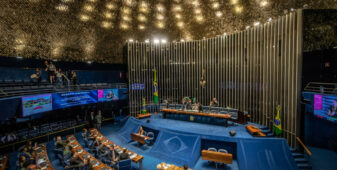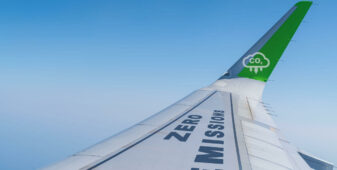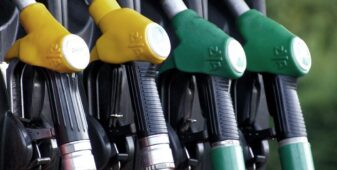- Bangladesh has imported 1.9m tonnes of raw sugar so far in 2020, up 20% year-on-year.
- This is an unusually large amount for Bangladesh to import but record imports in Q1’20 left stocks high as coronavirus battered sugar consumption.
- We think imports will now slow down until domestic stocks reach a comfortable level.
Bangladesh Has Already Imported 20% More Sugar Than Last Year
- Bangladesh imported a record 970k tonnes of raw sugar in the first quarter of 2020.
- The weak Oct’19/Mar’20 No.11 spread provided the refineries with a good opportunity to buy sugar at a 100 point discount to the No.11 March contract.
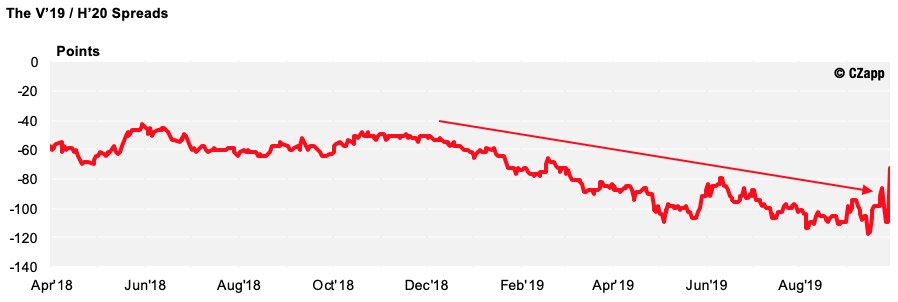
- Bangladesh has imported 1.9m tonnes of sugar so far this year; this is a large amount considering Bangladesh imported 2.1m tonnes in the whole of 2019!
- 343k tonnes arrived from Brazil in August alone.
- Such strong imports left Bangladesh’s sugar stocks extremely high, but with coronavirus lockdowns reducing sugar consumption, this sugar is even harder to shift.
- We have heard rumours that Bangladeshi refineries tried to wash out existing contracts due to the down-tick in consumption.

Why the Strong Import Flow?
- Back in June and July, Bangladeshi refineries had ample stocks, so it’s quite possible they wanted to delay their shipments.

- They may have done so by selling their spaces in the Brazilian vessel queue to someone else.
- However, even if they did do this, they would eventually have to import the sugar they had bought, which would cause a surge of shipments like the one seen throughout August.
- Once this flurry of shipments has fizzled out, we think Bangladesh’s raw sugar demand should reduce until stocks return to normal levels.
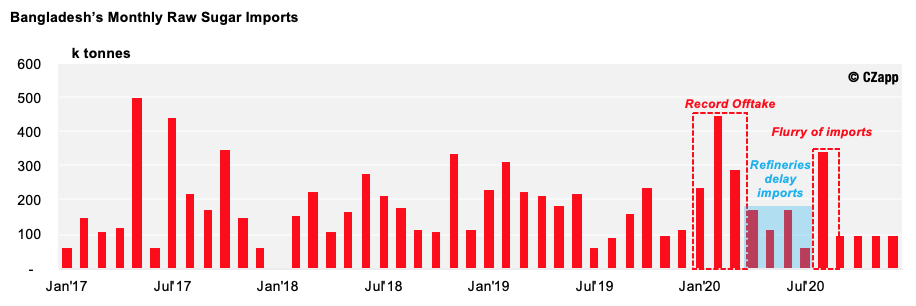

Other Opinions Written by This Author…



